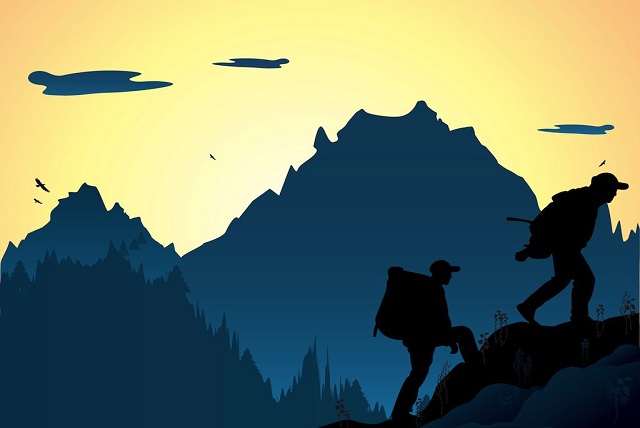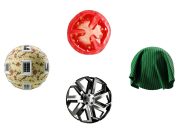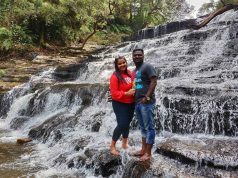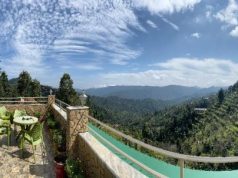- Do not trek alone.
- Plan your route in advance.
- Never ignore local advice.
- Check the weather forecast.
- Keep an eye on the sky for any sign of an approaching storm.
- Start your day very early.
- Before starting from your base, inform somebody of your plan of action for the day. Do not take your mobile phone for granted.
- Eat before you start.
- Walk at a comfortable pace, but do not take more than one short break every two hours.
- Always carry drinking water and high-energy snacks such as nuts.
- Even if you are not camping, carry a sleeping bag for emergency use.
- For your safety, carry a walking stick, a compass or GPS device, a rope, a torch, and a first aid kit.
 Also carry a whistle, which you could use to scare away aggressive animals and attract help.
Also carry a whistle, which you could use to scare away aggressive animals and attract help.- Do not forget to pack waterproof clothing, a warm jacket, and a strong plastic sheet for additional protection in rough weather.
- In wet weather, carry salt to rub on leeches that might creep up your legs.
- Make sure your shoes have flexible soles.
- To avoid painful friction blisters on your feet, wear thick cotton socks and fill them with lots of talcum powder before you wear them. Before going to bed after a day’s trek, take off your socks to aerate your feet. If you find that a blister has developed, puncture it at a single point with a sterile needle and completely drain the fluid inside, leaving the overlying skin intact. Then apply an antibiotic ointment or powder to the drained blister and cover it with a bandage.
- Avoid smoking, especially during steep ascents.
- Conserve your energy by not talking too much.
- When faced with adversity, have faith and carry on.




















